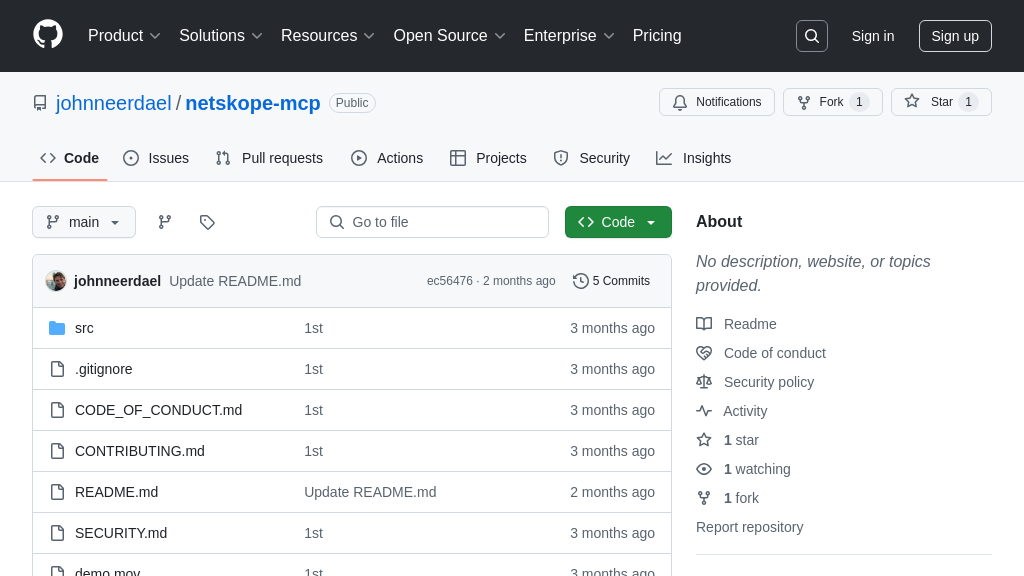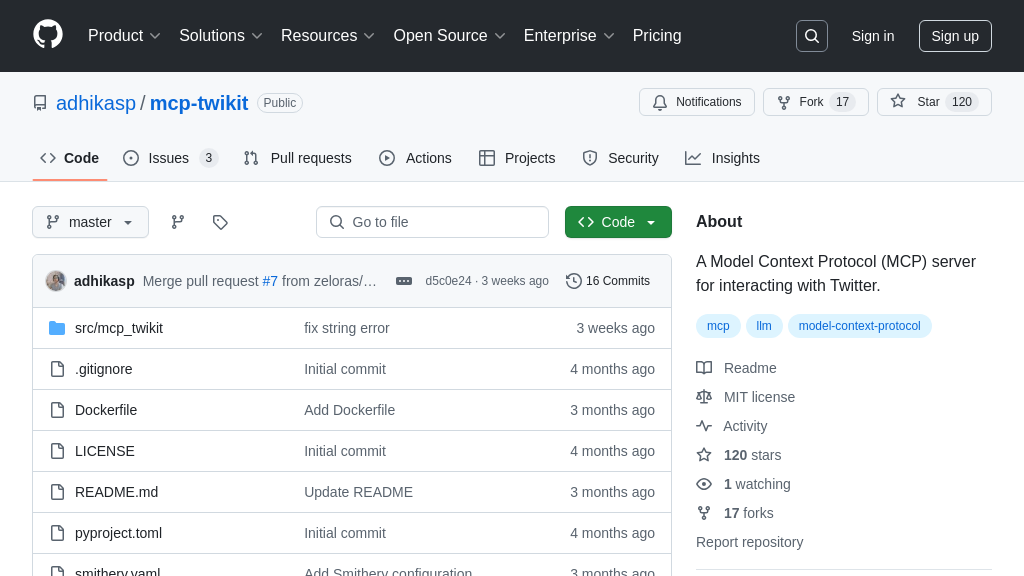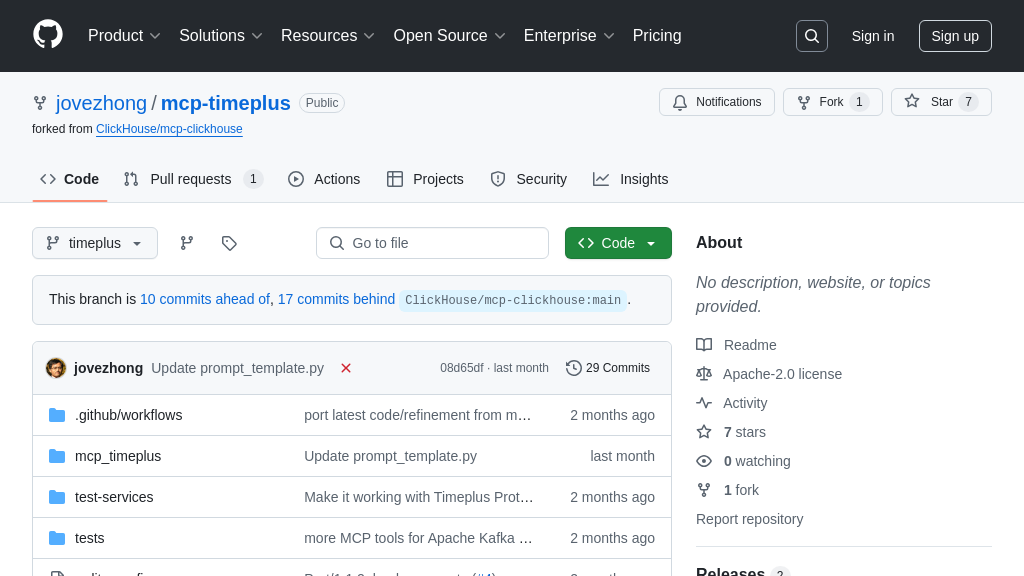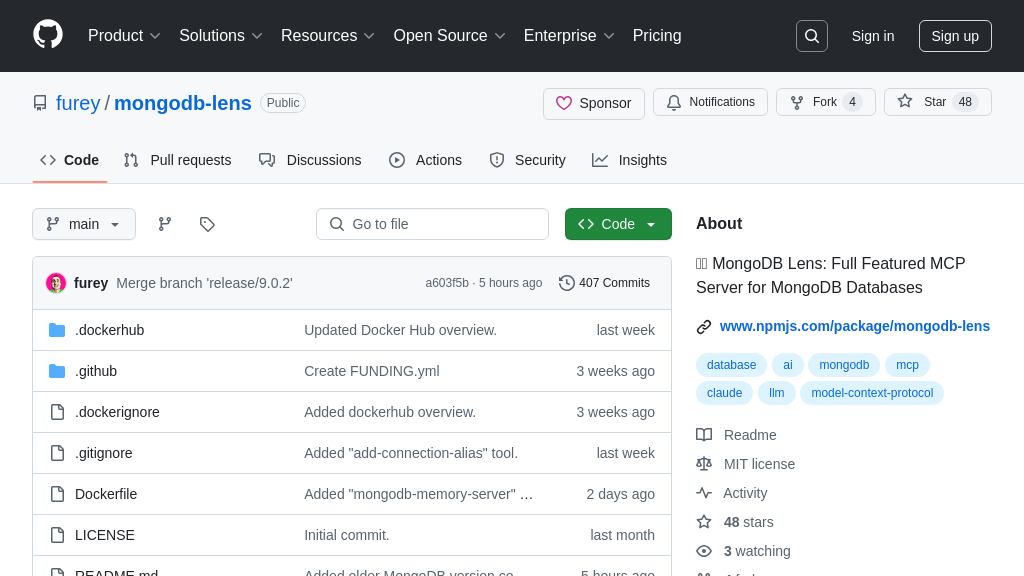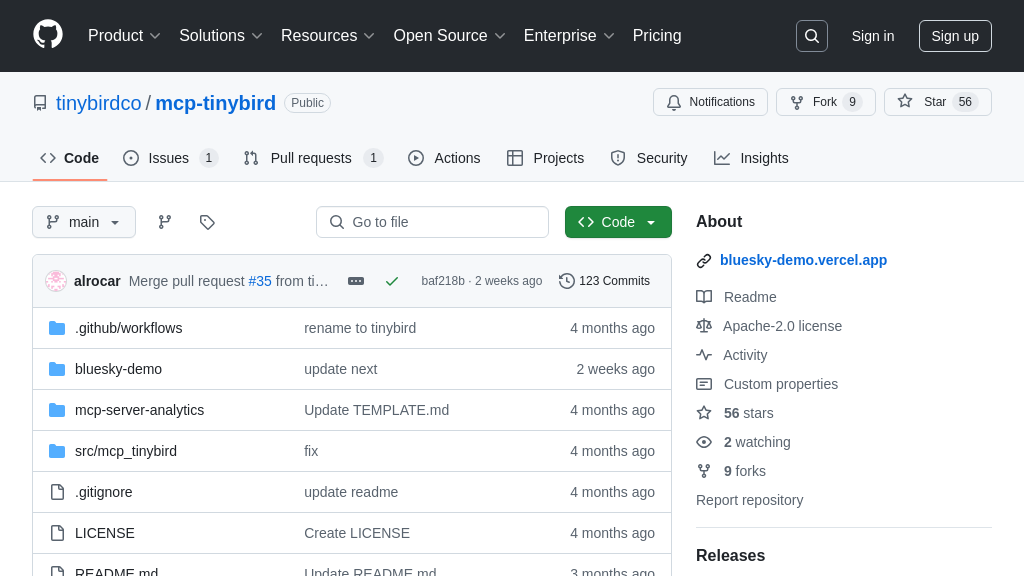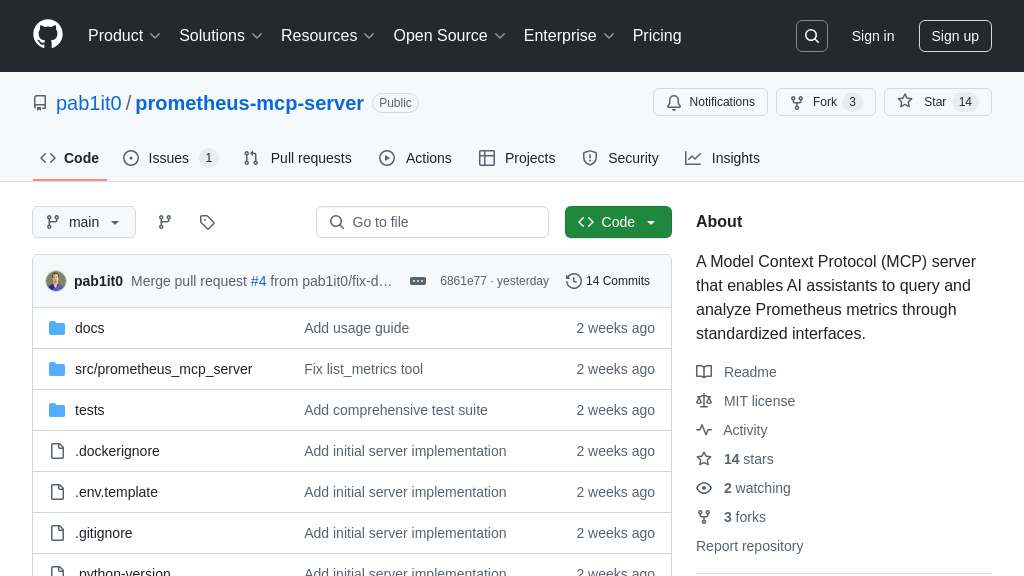mcp-shodan
The Shodan MCP Server connects AI models to Shodan's network intelligence for enhanced security analysis and threat detection.
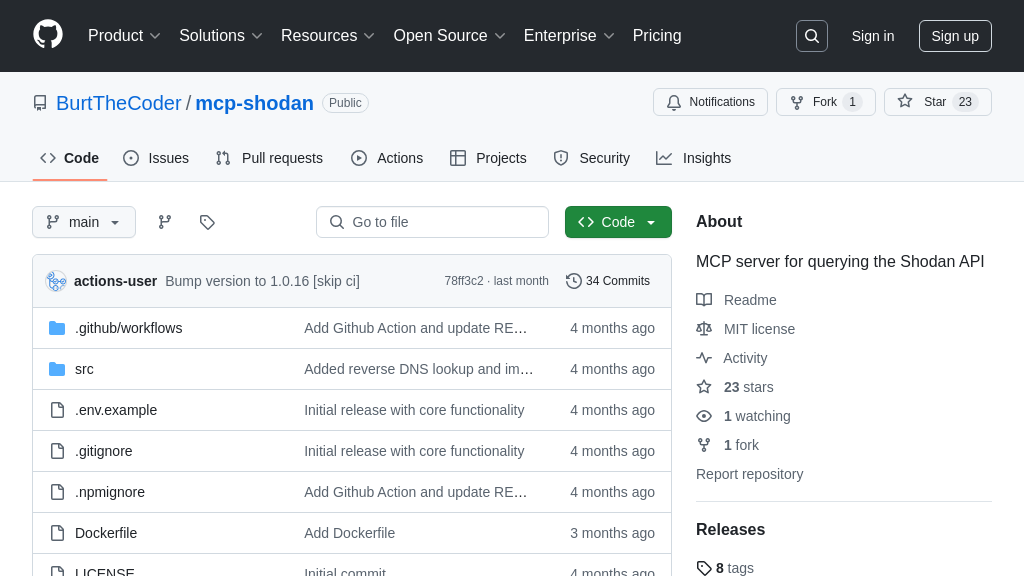
mcp-shodan Solution Overview
The Shodan MCP Server is a valuable resource within the MCP ecosystem, acting as a server that connects AI models to Shodan's powerful network intelligence and security services. It empowers AI to perform tasks like IP reconnaissance, DNS lookups, vulnerability tracking via Shodan's CVEDB, and device discovery, all through a standardized MCP interface.
This server provides structured and formatted output, simplifying data analysis and integration for developers. Key tools include IP lookup, Shodan search, CVE lookup, and DNS resolution, enabling AI models to proactively identify security risks and gather comprehensive network information. By leveraging the Shodan MCP Server, developers can enhance their AI applications with real-time threat intelligence, automate security assessments, and gain a deeper understanding of the network landscape. Integration is streamlined through Smithery or manual configuration, making it easy to incorporate Shodan's capabilities into existing AI workflows.
mcp-shodan Key Capabilities
Network Reconnaissance via AI
The mcp-shodan server empowers AI models with direct access to Shodan's comprehensive network intelligence data. This includes detailed information about IP addresses, such as geographic location, open ports, service banners, and even potential vulnerabilities. By leveraging the ip_lookup tool, AI models can enrich their understanding of network landscapes, identify potential attack vectors, and proactively assess security risks. This capability is crucial for AI-driven security tools that require real-time threat assessment and incident response. For example, an AI model could use this feature to automatically identify and flag suspicious IP addresses originating from known malicious regions or hosting vulnerable services. The tool returns structured data, enabling seamless integration with AI algorithms for analysis and decision-making.
Vulnerability Intelligence Integration
The cve_lookup tool provides AI models with access to Shodan's CVEDB, offering detailed vulnerability information. This includes severity scores (CVSS v2 and v3, EPSS), impact assessments (KEV status, mitigations, ransomware associations), affected products (CPEs), and relevant references. This allows AI models to proactively identify and address potential security weaknesses in systems and applications. For instance, an AI-powered vulnerability scanner could use this tool to automatically correlate identified vulnerabilities with available exploit information and prioritize remediation efforts based on the potential impact. The structured output ensures that AI models can easily parse and utilize the vulnerability data for informed decision-making.
Device Discovery and Profiling
The shodan_search tool enables AI models to search Shodan's extensive database of internet-connected devices. This allows for the discovery and profiling of devices based on various criteria, such as device type, operating system, geographic location, and open ports. AI models can leverage this capability for asset discovery, threat hunting, and security posture assessment. For example, an AI-driven security monitoring system could use this tool to identify and track the presence of vulnerable devices within a network, enabling proactive mitigation measures. The tool provides a summary of search results, country-based distribution statistics, and detailed device information, facilitating comprehensive analysis by AI algorithms.
DNS Resolution and Analysis
The dns_lookup and reverse_dns_lookup tools provide AI models with the ability to perform DNS resolution and reverse DNS lookups. This allows for the mapping of domain names to IP addresses and vice versa, enabling a deeper understanding of network infrastructure and relationships. AI models can leverage this capability for threat intelligence, domain reputation analysis, and network mapping. For example, an AI-powered threat detection system could use these tools to identify suspicious domain names or IP addresses associated with known malicious actors. The tools return structured data, including DNS resolutions and summaries of total lookups, facilitating seamless integration with AI algorithms for analysis and decision-making.
CPE-Based Vulnerability Search
The cves_by_product tool allows AI models to search for vulnerabilities affecting specific products or CPEs (Common Platform Enumeration). This enables targeted vulnerability assessments and proactive identification of potential security risks associated with specific software or hardware components. For example, an AI-powered patch management system could use this tool to identify and prioritize patches for vulnerabilities affecting the specific software versions deployed within an organization. The tool supports filtering by CPE 2.3 identifier, product name, KEV (Known Exploited Vulnerabilities) status, and EPSS (Exploit Prediction Scoring System) score, allowing for highly targeted and efficient vulnerability searches.



